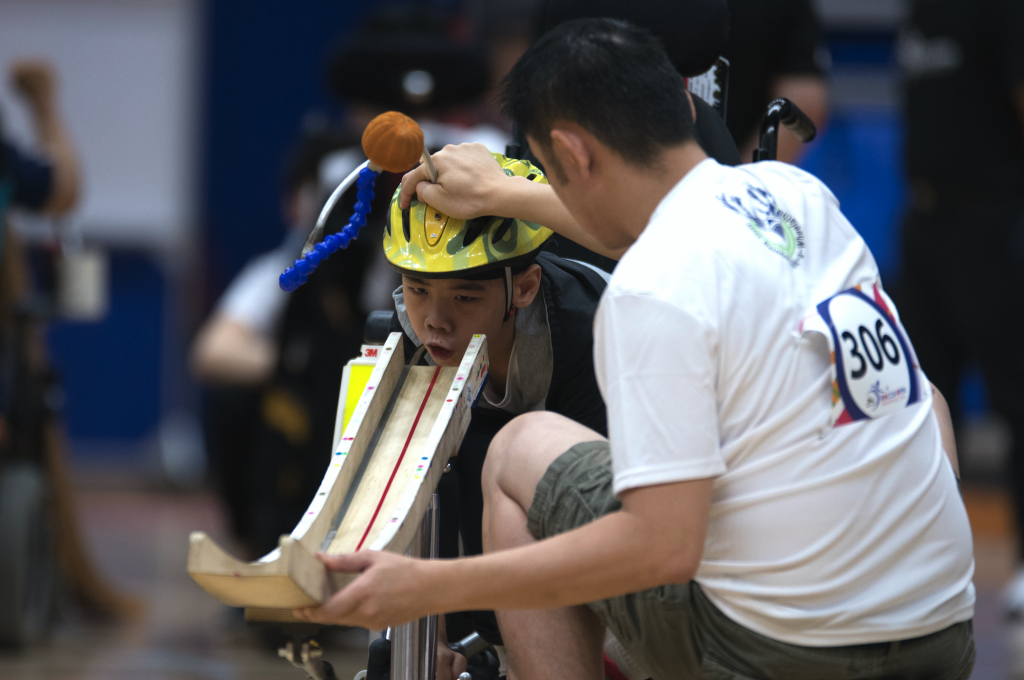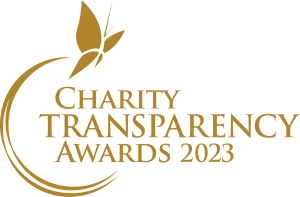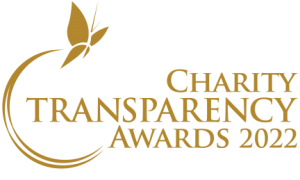Boccia was originally developed as an intervention therapy for athletes with cerebral palsy until it was recognised as an official sport in the 1984 New York Paralympic Games. Hence, it is one of the two Paralympic sports that do not have an Olympic counterpart (the other being goalball). Today, the sport has extended its invitation to athletes with related neurological conditions or impairments that impede motor skills. Furthermore, since the game must be played from a seated position, it is extremely accessible to wheelchair users.
Boccia is usually played on a smooth, hard court, measuring 12.5m by 6m. The goal of the sport is simple: precision is key. Players aim to roll their balls (or bowls) as close as possible to the target white ball, also known as the jack. Bowls are often made out of leather and are coloured either red or blue. Boccia balls can either be thrown, rolled, kicked or released down a ramp (chute). Athletes who are unable to release the ball independently are allowed the help of a sports assistant. However, the assistant is not allowed to face the court, or communicate with the athlete. Dependent athletes are then also equipped with a head pointer so that they are able to release the ball using the movement of their head.
The throwing area in Boccia is divided into 6 areas, in which players must remain in during play at all times. Individual and pair matches are held over 4 ends, while team games are held over 6. Each player, pair, or team is allowed 6 balls. Turns are taken in attempting to land the ball as close as possible to the jack, and the ball closest to it is awarded 1 point. or to knock the opponent’s balls out of the way. Players can also knock the opponent’s balls out of the way and out of the court. As a result, the score can change drastically after each turn. The total score is tallied after each player makes all 6 throws, and the individual/team with the highest score is crowned the winner. Interestingly, Boccia is also only one of the only sports where men and women compete against each other.
The governing body for Boccia is the International Boccia Commission, which is a part of the Cerebral Palsy International Sports and Recreational Association (CP-ISRA).
There are 6 eligible impairment types for Boccia:
There is also a classification system for Boccia, which ensures that players compete with others of the same level of ability. The classifications are as follows:
Information about Boccia
Learn more about Boccia by clicking on the links below
Boccia Classification Process
Boccia Sport Classes
Boccia Classification rules
International Referees Procedure Manual
Classification for coaches (Q&A)
Boccia classification masterlist can be found below:
Physical Impairment (As of 18 January 2023) – HERE
Tiger Balm Boccia Training Camp Series 2022 | Singapore and Thailand
23 to 25 April 2022 results:
BC1/2 Individuals
BC3 Individuals
Benefits of Boccia
Practicing Boccia regularly improves physical conditioning, nurturing a player’s movement skills and physical abilities. For instance, players with muscular dystrophy can delay the degeneration of their muscles through light resistance exercises. Furthermore, basic stretches can improve an individual’s joint flexibility and reduce muscle fatigue. This is extremely beneficial for rehabilitative patients or wheelchair users as pain and discomfort felt from being immobile can be significantly alleviated.
As observed, Boccia is also a sport which demands skill and accuracy. A player is required to have the mental fortitude to execute great plays even under pressure. Hence, by training in technical skills needed in Boccia, a player will be able to develop crucial decision-making skills, which translate into independence when making decisions during daily tasks. Also, achievements on the court can build a player’s confidence through the greater belief in their own ability and potential. Apart from physical benefits, the team factor in Boccia can also help a player socialize with others. This is beneficial because it fosters important social skills such as empathy, team-spirit, and the ability to understand social norms. Ultimately, Boccia is truly valuable in character-building.
Training (By invitation/selection only)
SDSC Boccia (Development) @ CPAS
Day: Every Sat
Time: 9am – 5pm
Venue: Cerebral Palsy Alliance Singapore (CPAS)
Note: By invitation/selection only
SDSC Boccia (Development) @ MDAS
Day: TBC
Time: TBC
Venue: Muscular Dystrophy Association Singapore (MDAS)
Note: By invitation/selection only
SDSC Boccia (Excellence) BC3
Day: Every Mon, Tue, Thurs, Fri
Time: 1pm – 6pm
Venue: OCBC Hall 5
Note: By invitation/selection only
SDSC Boccia (Excellence) BC1/2
Day: Every Wed and Sat
Time: 2pm – 6pm and 9am – 4pm
Venue: OCBC Hall 5
Note: By invitation/selection only




